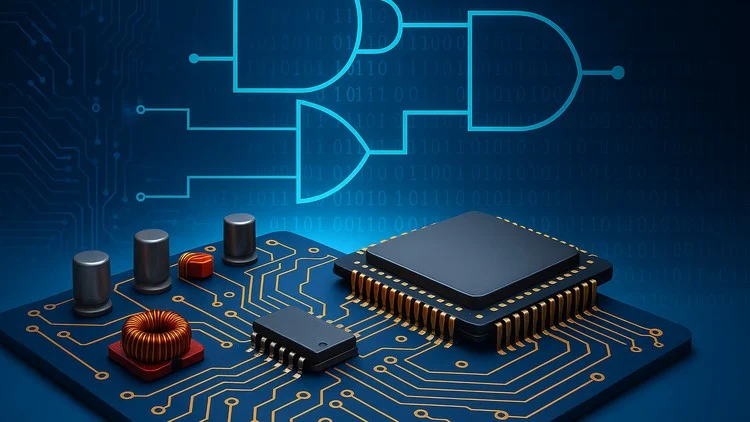Computer Science Bachelors Degree

About Course
This course is designed to give you the equivalent education of a traditional Computer Science Bachelor’s Degree, delivered in a practical, streamlined, and efficient format. You’ll gain deep understanding of how computers work, master low-level programming, and develop the foundational skills needed to succeed in software engineering, cybersecurity, or any tech-related field.
Unlike typical universities, this program is focused on real-world knowledge, hands-on practice, and cutting through academic fluff.
By the end of this course, you will fully understand computer architecture, operating systems, low-level programming, algorithms, networking, and the theory that underpins modern computing.
Course Content
Introduction to Computers and Their Working Process
Computer Arithmetic 101
Boolean Algebra 101
Computer Electronics 101
Combinational Logic Circuits
Introduction to Ghidra
Introduction to Low Level Computing
Introduction to Reverse Engineering
Assembly Language
Second Part of Lecture : Advanced Topics in Low-Level Computing and Reverse Engineering
Earn a certificate
Add this certificate to your resume to demonstrate your skills & increase your chances of getting noticed.

Student Ratings & Reviews


